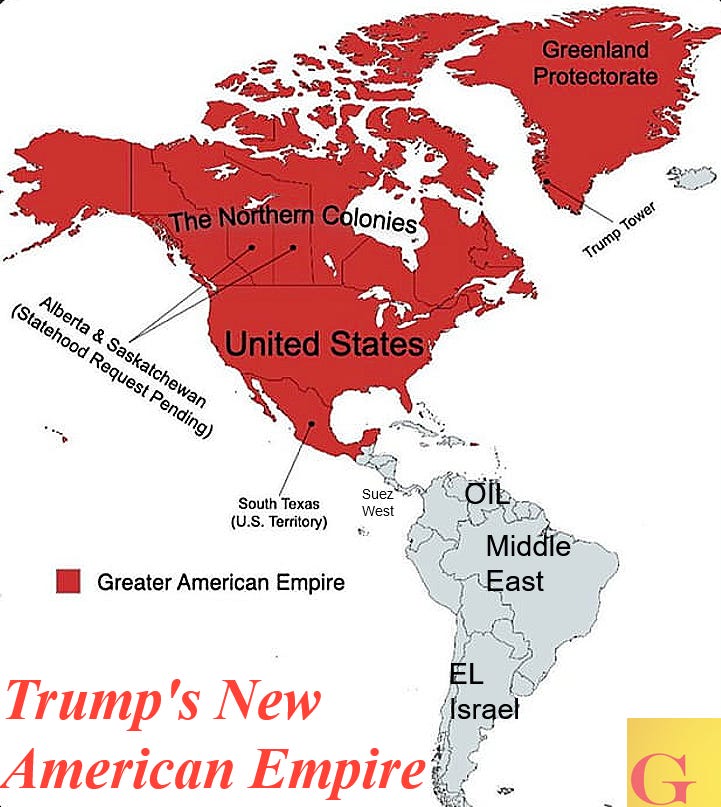The U.S. strategy boils down to this: protect the home front, secure vital resources, and let others sort out their own problems. Trump’s comments on Greenland, Panama, Canada, and Denmark are just the opening US act in the larger geo-economic mercantile play.
Overview and Keypoint-Summary
Good Morning,
This podcast is a quick breakdown of recent rhetoric and behavior coming out of Trump’s office. Specifically, we’re talking about his comments on Greenland, Panama, Canada, and Denmark (as it relates to Greenland).
First, I want to highlight a quote from a Goldman Sachs’ top institutional trader—(frequently in Founders AM posts ) the one whose perspective we follow most closely. Here’s what he said:
"Some inflammatory comments from Trump on Greenland, Panama, Canada, and Denmark are a sharp reminder of the lingering uncertainty around foreign policy from his first term. While these remarks don’t have a direct market implication, they inject volatility—and volatility isn’t great for earnings multiples. That said, these comments should not be taken literally. The end state is still likely to involve more benign, negotiated solutions."
- Goldman Trader Rich Privorotsky
From a market perspective, this is spot on. Volatility shakes confidence and compresses multiples. But to really understand what’s happening, we need to zoom out and view this from a broader, secular perspective before assessing Trump’s recent comments.
Mercantilism: The Big Picture
Since COVID, mercantilism has emerged as the key driver of global economic and policy decisions. Let’s break it down:
Export More, Import Less: Success in this environment depends on exporting more than you import. Simple in theory, difficult in practice.
No Easy Credit: Cross-border credit isn’t flowing like it used to. Nations are no longer extending trust over long timeframes.
Supply Chain Reset: With restricted credit, supply chains are shrinking, becoming regional, and more expensive. Concepts like friend-shoring, on-shoring, and reshoring are now the norm.













